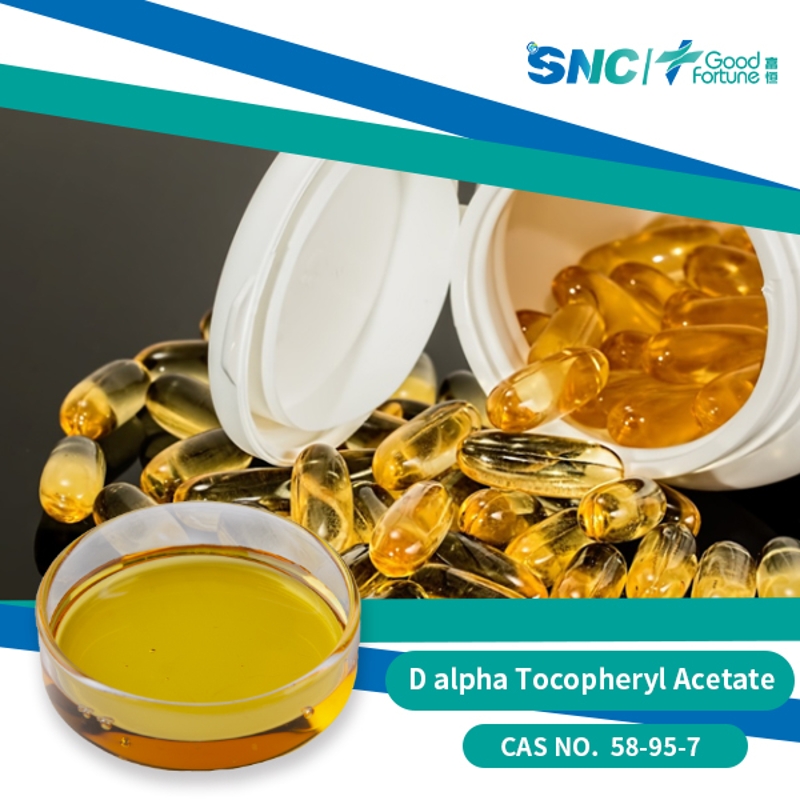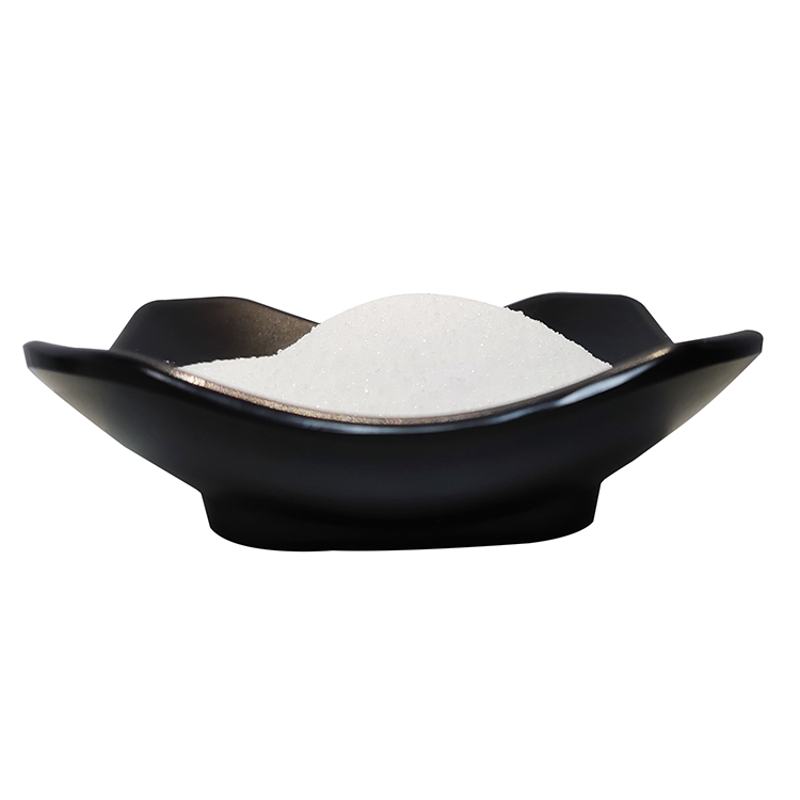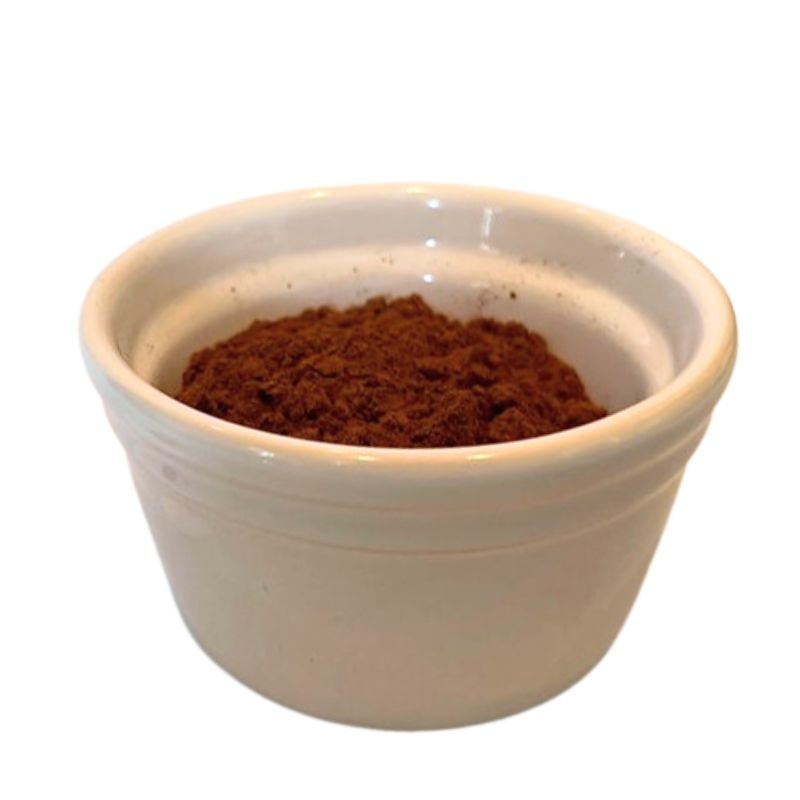-
Categories
-
Pharmaceutical Intermediates
-
Active Pharmaceutical Ingredients
-
Food Additives
- Industrial Coatings
- Agrochemicals
- Dyes and Pigments
- Surfactant
- Flavors and Fragrances
- Chemical Reagents
- Catalyst and Auxiliary
- Natural Products
- Inorganic Chemistry
-
Organic Chemistry
-
Biochemical Engineering
- Analytical Chemistry
-
Cosmetic Ingredient
- Water Treatment Chemical
-
Pharmaceutical Intermediates
Promotion
ECHEMI Mall
Wholesale
Weekly Price
Exhibition
News
-
Trade Service
Our reporter Yang Xiaojing
More and more urban young people are accepting and choosing a sugar-reduced diet
Studies have shown that excessive sugar intake over a long period of time can have adverse health effects
Tibet's per capita sugar consumption is the highest, Shanghai is at the bottom
The "Report" cites relevant data from authoritative departments to show that the region that loves sugar most in China is not Jiangsu, Zhejiang, Shanghai or Guangdong, but the vast western region
Among them, the per capita sugar consumption of Tibetan residents is the highest among all provinces in the country, with per capita consumption of 4 kilograms in 2020; the residents of Chongqing, which is known for its spicy taste, follow closely, with per capita sugar consumption of 2.
The "Report" survey shows that compared with developed areas, county and rural residents prefer to eat sugar-sweetened snacks and beverages.
Young women are more keen to reduce sugar
Surveys show that women are more keen to cut sugar than men
In terms of age, people between the ages of 30 and 39 are more aware of sugar reduction, accounting for 36.
The "Report" analysis believes that the reason why users over 30 years old are most afraid of sugar is because this age group begins to feel the changes in physical status and sub-health threats
The "Report" shows that after people consciously reduce sugar intake, there may be positive changes in physical, psychological and behavioral
Higher awareness among Kochi groups
The "Report" shows that the sugar-reduced group has the characteristics of higher education in the short term, which is related to the relatively better understanding of the harm of sugar in the high-knowledge group
From the perspective of industry, sugar reduction users have the highest proportion in the Internet industry, followed by medical, education, finance, and media industries
Occupationally, knowledge workers who focus on mental work are the main group for sugar reduction
Sugar-reducing groups are more self-disciplined
According to the "Report", 42% of sugar-reduced users said they have adhered to a sugar-reduced diet for more than 3 years, 35% of users said they have adhered to sugar-reduced diets for more than one year, and 22% of users said they had just started to reduce sugar
Among the interviewed sugar-reduced users, more than half of the users said that they have been exercising and fitness for a long time, and only 15% of the users who chose to "keep moving"
Regarding the reasons for choosing sugar-reduced or sugar-free beverages, 66.
When choosing a diet beverage brand, most respondents had clear goals
The sugar reduction campaign has also changed the dietary tastes of many users
.
Among the interviewed sugar-reduced users, 35.
5% said that the taste of their diet became lighter after sugar-reduction; 33.
6% of the respondents said they no longer crave high-sugar foods, and 28% of sugar-reduced people have completely given up sugar-sweetened beverages
.
Sugar-free drinks are becoming the "social currency" of young people
The "Report" shows that sugar reduction is becoming a healthy and self-disciplined attitude towards life for more and more urban young people, and sugar-free drinks have become part of their daily life
.
The life scene of their choice of sugar-free drinks is very diverse
.
In addition to drinking alone, they are also willing to share sugar-free beverages with others, and thus social distance from each other
.
These scenarios include dates, dinner parties, gifts to family or friends, and more
.
Although more and more young people are trending towards a sugar-reduced lifestyle, they still want the familiar sweetness of drinks
.
The "Report" cites relevant data from the Key Laboratory of Big Data Mining and Knowledge Management of the Chinese Academy of Sciences to show that compared with the artificial sweeteners that were widely used in the early days, such as aspartame and acesulfame potassium, the proportion of natural sweeteners in recent years is gradually rising
.
The "Report" shows that 53.
1% of sugar-reduced users believe that xylitol is the safest sugar substitute, and 46.
5% of people voted for erythritol
.
Responsible editor: Zhao Yu Review: Wang Jinchen







